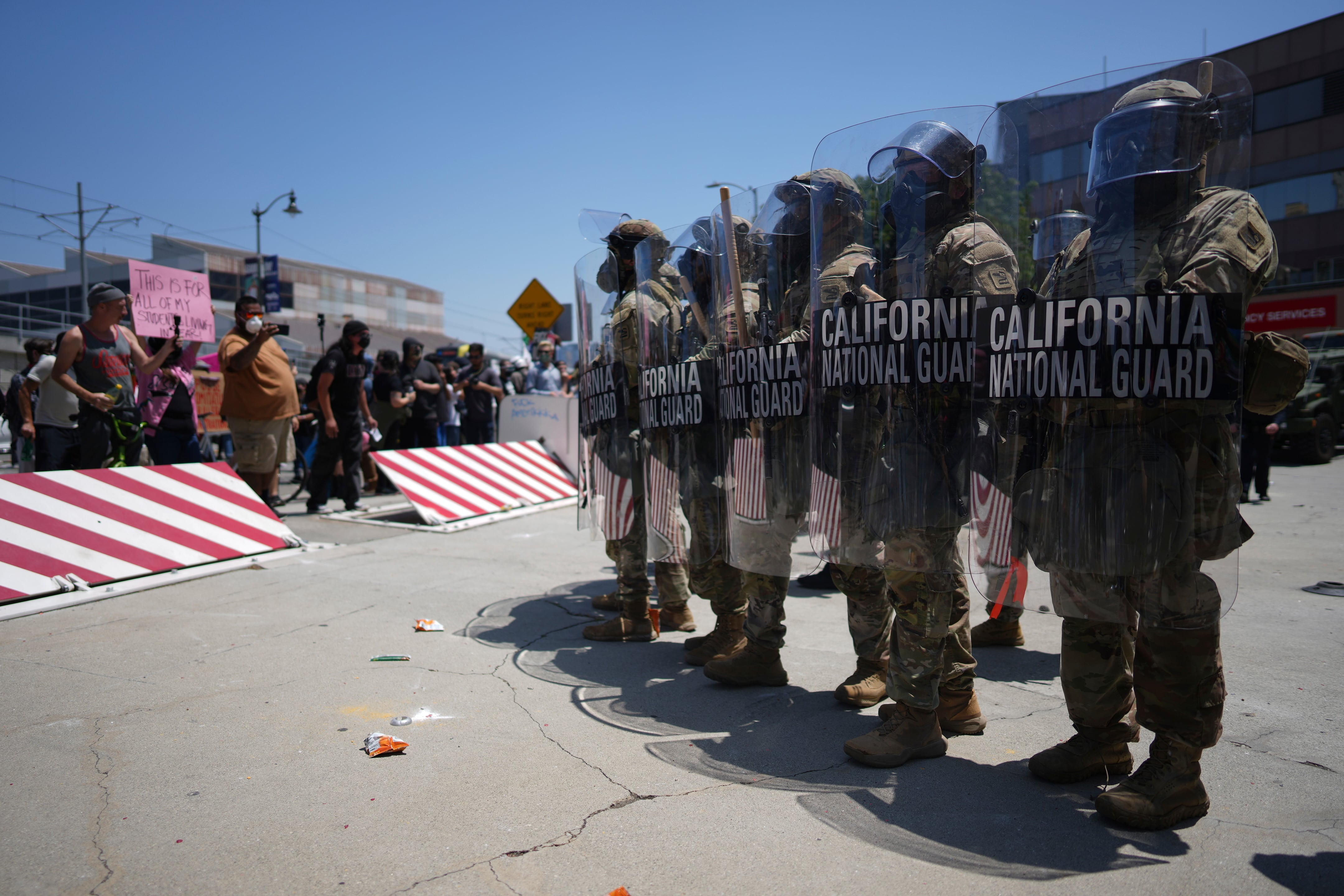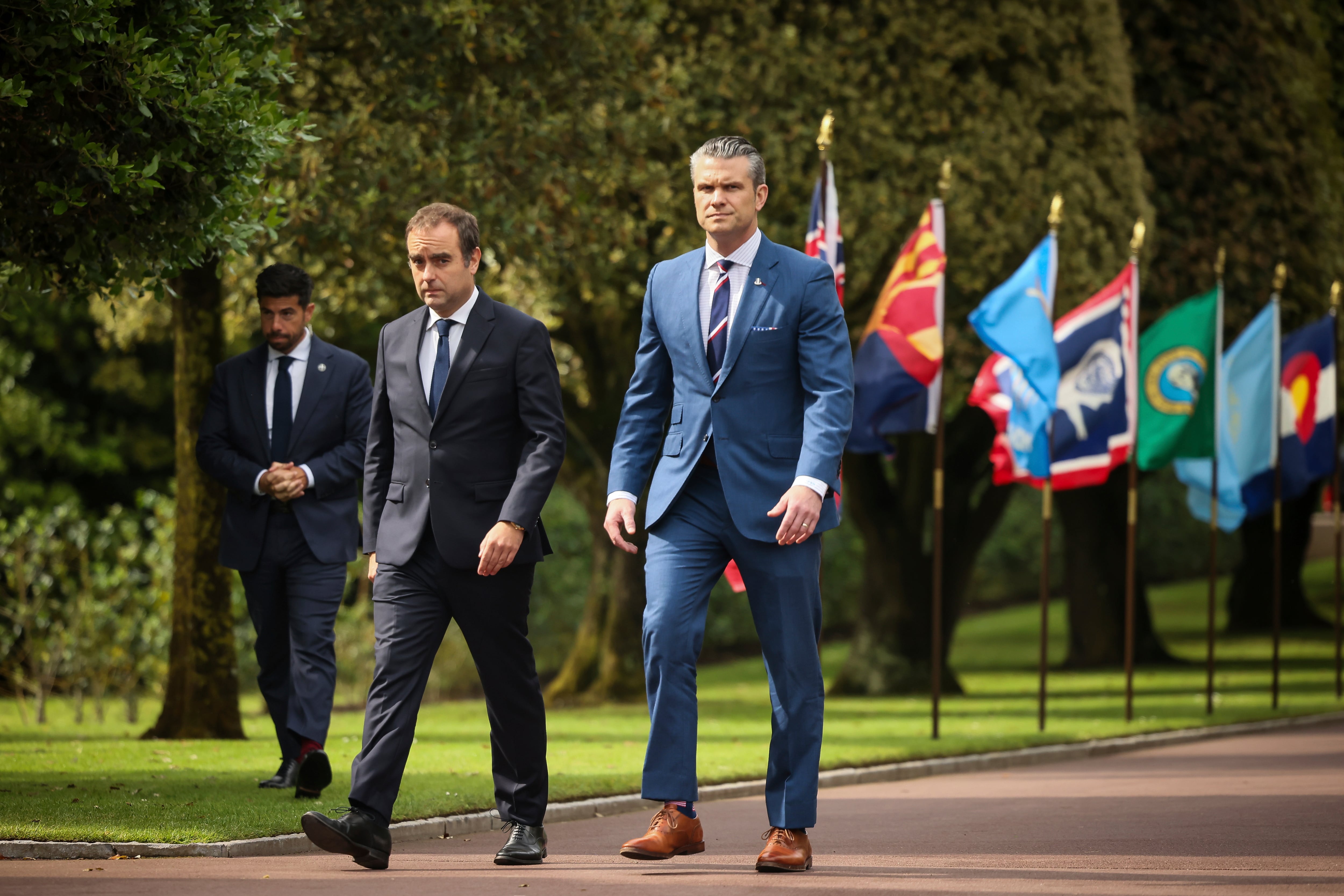Q. Can I be convicted of sexual assault even if my accuser was so drunk that she doesn't remember being attacked?
A. Alcohol intoxication often is tied to sex assault allegations in the military. So it's not uncommon for troops to face Article 120 charges even when alleged victims don't remember consenting to or engaging in sexual activity.
An alleged victim's memory of a sex assault is not required for an Article 120 conviction; the government can use DNA evidence or other circumstantial evidence may be used to prove that a sex assault occurred.
The accused service member may even unwittingly confess to the offense when talking to the victim in a phone call recorded by military investigators.
The key issue in sex assault cases involving alcohol generally comes down to consent, defined by the Manual for Courts-Martial as "a freely given agreement to the conduct at issue by a competent person." The MCM goes on to note that a "sleeping, unconscious, or incompetent person cannot consent."
In U.S. v. Matthew T. Ginn (2015), the victim did not remember much of the night of her sex assault after she had consumed tequila. Her only memory was of waking up on a couch wearing different clothes from what she had worn earlier. She felt pain in her vagina and found bruises on her arm and knee and multiple hickeys on her chest.
Initially, she didn't report the sexual assault, but a friend later convinced her to do so. The Air Force Court of Criminal Appeals found that the "victim's soreness the next morning, in conjunction with the appellant's admission at trial that he may have penetrated the victim's vagina is sufficient to find the sexual act occurred." The court further found that a witness's testimony on the extent of the victim's intoxication "supported the conclusion that she remained incapable of consent up until the time when she awoke and returned to her room to change."
A related note: Showing that an alleged victim was alert and performing other activities near the time of the alleged assault is not necessarily a complete defense. In U.S. v. Richard M. Payne (2013), the Navy-Marine Corps Court of Criminal Appeals ruled that evidence of a victim texting on her cellphone and operating a vehicle shortly after her alleged sex assault was not absolute evidence of consent.
Service members charged with sexually assaulting an intoxicated or incapacitated individual should immediately consult with a military law attorney. Depending on the circumstances, an attorney could raise reasonable doubt by showing that the alleged victim was not incapacitated, that there was actually consent involved, or point out obvious contradictions in the alleged victim's testimony.
Mathew B. Tully is a veteran of the Iraq and Afghanistan wars and founding partner of Tully Rinckey PLLC (www.fedattorney.com). Email askthelawyer@militarytimes.com. The information in this column is not intended as legal advice.










